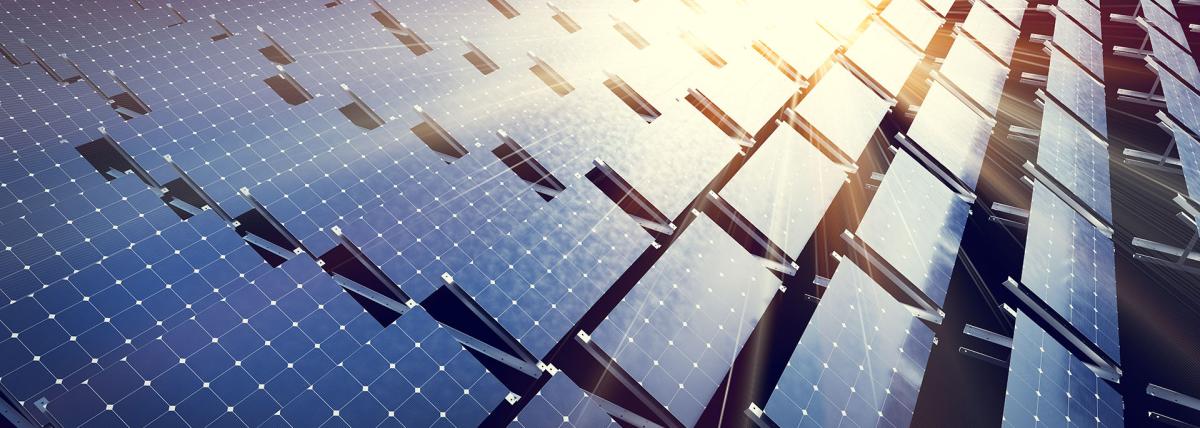
Does Light Have Energy?
by Dustin Blake
Does light have energy? In this lesson, students will engage in a practical experiment to witness how light can induce changes such as heating, altering colors, and setting objects in motion.
As homework, students will respond to statements in an Anticipation Guide, designed to gauge their existing knowledge about light, which they will revisit periodically in the course of this lesson (and unit). The central goal of this lesson is to provide students with an opportunity to articulate their initial thoughts and cultivate an understanding that light is a carrier of energy.
Lesson Grade Level
6th GradeLesson Plan Link/URL
https://docs.google.com/presentation/d/1zmUP5cjOBs9jKJ8izLLTo1YW7xW4bBZh/edit?u…Subject Area
Science Physical Science P4: Energy Transfer Earth and Space Science E1: Earth Systems Technology 3. Knowledge Constructor Engineering S2: Apply the Engineering Design Process S4: Apply Science to Engineering Mathematics Measurement and Data (MD) English Language Arts (ELA) Reading (Informational Text) Speaking & Listening
Featured
Off
Related Content

Grades:
9th Grade, 10th Grade
This lesson plan focuses around 4 key topics, with activities for each. The plan covers renewable energy, solar energy, why solar energy is important, and what the children can do to conserve energy

Grades:
6th Grade, 7th Grade, 8th Grade, 9th Grade, 10th Grade, 11th Grade, 12th Grade
This lesson is designed to encourage students to explore their interests and pursue their passions while diving into the world of STEM. This lesson takes place in a classroom for one semester. 1 hour

Grades:
10th Grade, 12th Grade
This lesson builds on the Part 1 of Urbanization Impacts in the HS Environmental Science classroom. In this lesson, students are utilizing their knowledge to create models of solutions to the